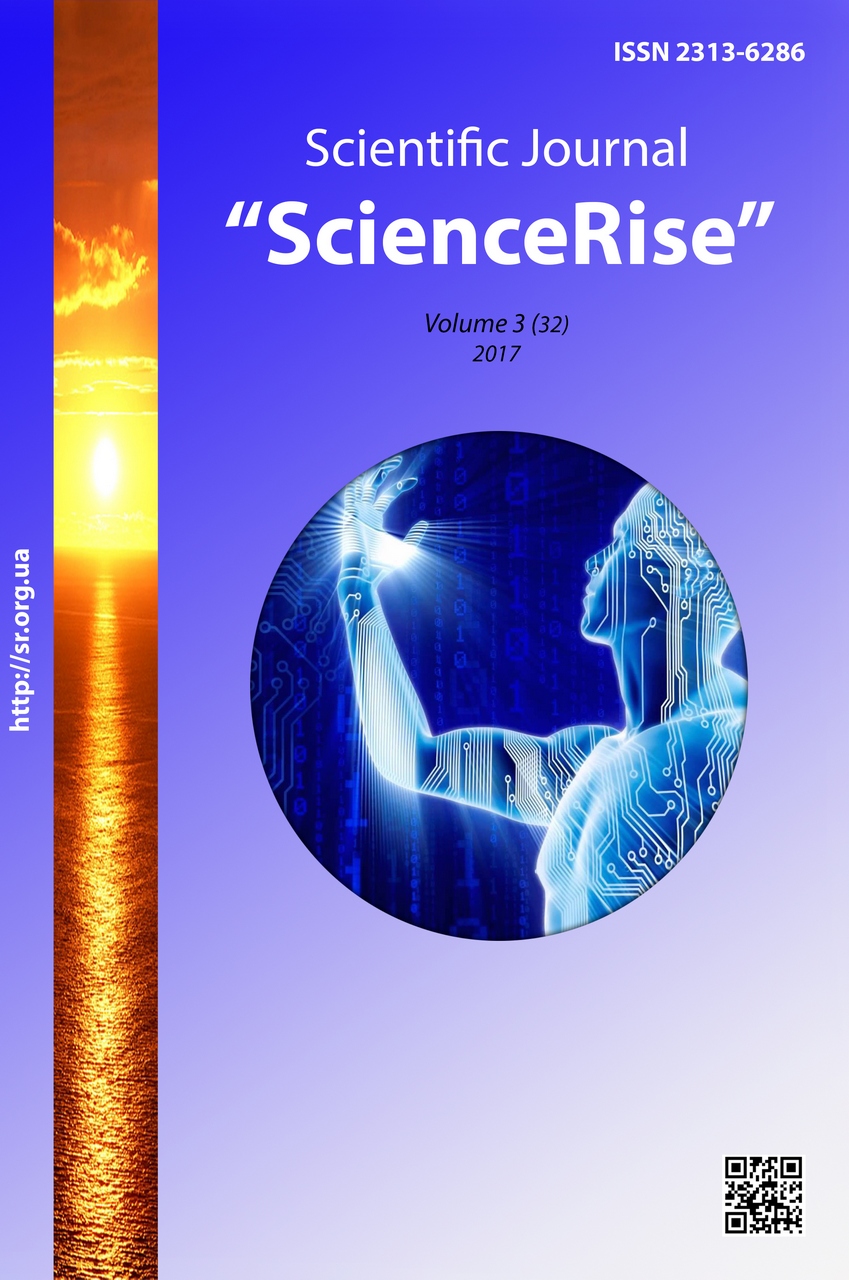Оценка качества преподавания как элемент управления совместным международным образовательным проектом
DOI:
https://doi.org/10.15587/2313-8416.2017.95710Słowa kluczowe:
управление проектом образования, универсальная вычислительная программа, количественная оценка качества, принципиальные подходы управления проектами, международная образовательная программаAbstrakt
Управление проектами для международного рынка образовательных услуг невозможно без оценки качества преподавания. В разработанной методологии управления образовательными проектами применяется общий расчет количественной оценки качества предоставления образовательной услуги. Для значительного сокращения времени расчетов, была создана универсальная вычислительная программа, которая позволяет обрабатывать обширные блоки данных с визуализацией результатов в двухмерной системе координат
Bibliografia
Bobrytska, V. I. (2013). Mobility as a key principle of forming a European educational space. Higher Education in Ukraine: European integration of higher education in Ukraine in the context of the Bologna Process, 3, 234–238.
Focus on Higher Education in Europe: The Impact of the Bologna Process (2010). European Commission, 156. Available at: http://eacea.ec.europa.eu/education/eurydice/documents/thematic_reports/122EN.pdf
The Bologna Process 2020 – The European, Higher Education Area in the new decade (2009). Bologna prosses, 6. Available at: https://www.eurashe.eu/library/modernising-phe/Bologna_2009_Leuven-Communique.pdf
Human Development Report 2013. The Rise of the South: Human Progress in a Diverse World’ (2013). New York: UNDP, 202. Available at: http://hdr.undp.org/sites/default/files/reports/14/hdr2013_en_complete.pdf
Belikov, S. B., Klimov, O. V., Pavlenko, D. V., Tkach, D. V. (2013). Regional labor market – a factor that determines the training of young specialists. Higher Education in Ukraine: European integration of higher education in Ukraine in the context of the Bologna Process, 3, 113–116.
Ryzhkov, S. S. (2013). Report of the rector for 5 years. Mykolayiv: NUS, 221 c.
Bushuev, S. D. (2000). Guidelines for Project Management. Kyiv: Publishing house "Business Ukraine", 196.
Burkov, N. V., Novikov, D. A. (1998). Models and Mechanisms theory of active quality management systems in the preparation of professionals. Moscow: Research Center of quality control specialists preparation, 158.
Zynnurov, U. H., Huzayrov, M. B. (1991). Comments expenses for the preparation of professionals in dependence from qualification requirements for graduate. Moscow: ITs, 12.
Kadykova, I. M., Alferova, A. L., Chelpanova, I. V. (2010). Applying Balanced Scorecard to manage university faculty Economics and Management Engineering industry: Theory Practice, 3 (11), 40–53.
Hotomlyanskyy, O., Derevyanko, T. (2006). Methodological issues of professional evaluation results of the teaching staff of higher education. Education and Management, 9 (3), 144–151.
Balyhin, G. A. (2003). Management of education development, organizational-economic aspect. Moscow: Economics, 432.
Ryzhkov, A. S. (2017). Quality Management of NUS educational program "2+2" with ZIMC. Collection of Scientific Publications NUS, 1.
Ryzhkov, A. S. (2017). Development of a project management methodology to provide educational services to the foreign customer. Bulletin of the NUS, 1.
Learn with MATLAB and Simulink Tutorials. MathWorks. Available at: https://www.mathworks.com/support/learn-with-matlab-tutorials.html
Ryzhkov, O. S. (2014). Management of international educational projects of the National University of shipbuilding on the example of the ukrainian-chinese cooperation. Collection of Scientific Publications NUS, 6, 84–91. doi: 10.15589/jnn20140613
##submission.downloads##
Opublikowane
Numer
Dział
Licencja
Copyright (c) 2017 Aleksandr Ryzhkov

Utwór dostępny jest na licencji Creative Commons Uznanie autorstwa 4.0 Międzynarodowe.
Our journal abides by the Creative Commons CC BY copyright rights and permissions for open access journals.
Authors, who are published in this journal, agree to the following conditions:
1. The authors reserve the right to authorship of the work and pass the first publication right of this work to the journal under the terms of a Creative Commons CC BY, which allows others to freely distribute the published research with the obligatory reference to the authors of the original work and the first publication of the work in this journal.
2. The authors have the right to conclude separate supplement agreements that relate to non-exclusive work distribution in the form in which it has been published by the journal (for example, to upload the work to the online storage of the journal or publish it as part of a monograph), provided that the reference to the first publication of the work in this journal is included.

